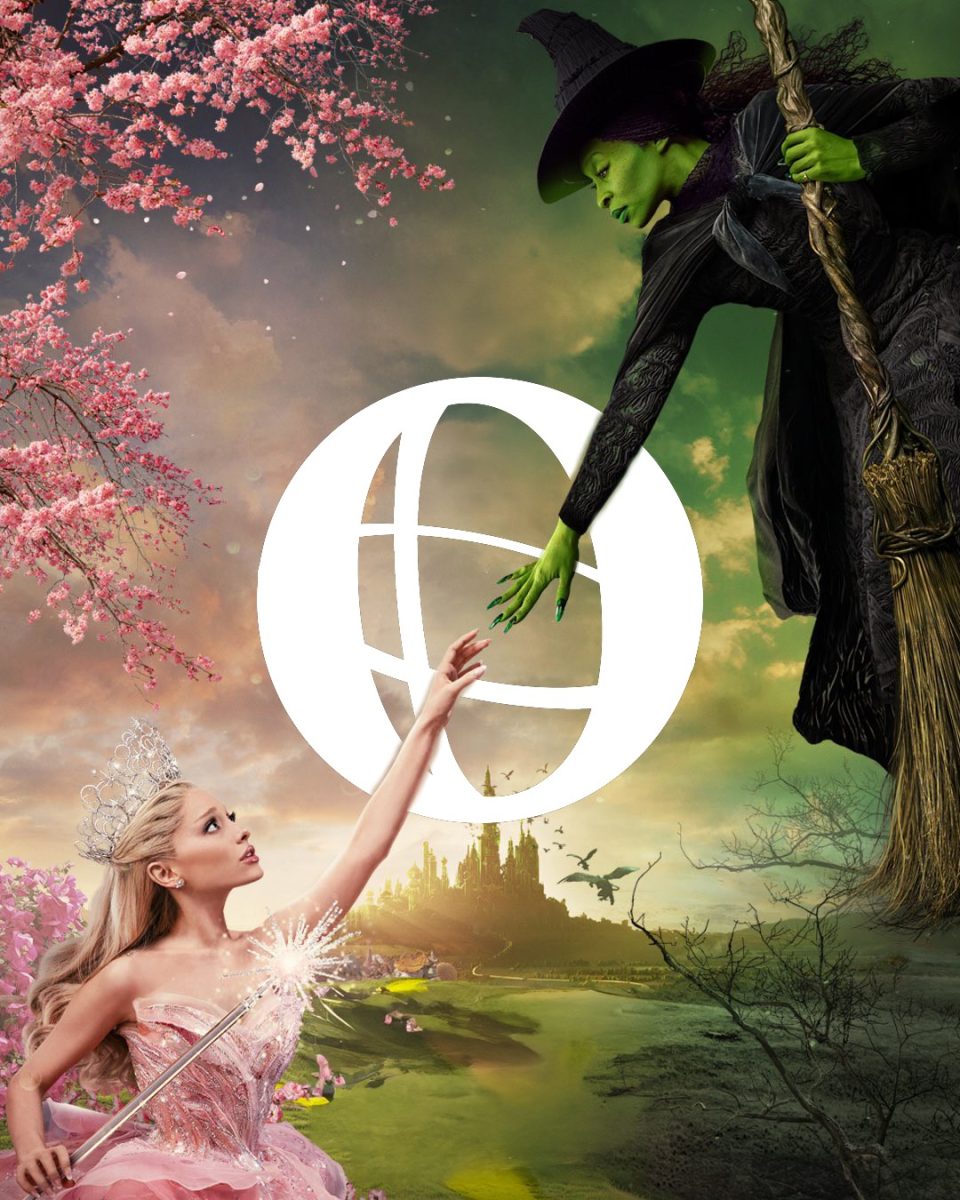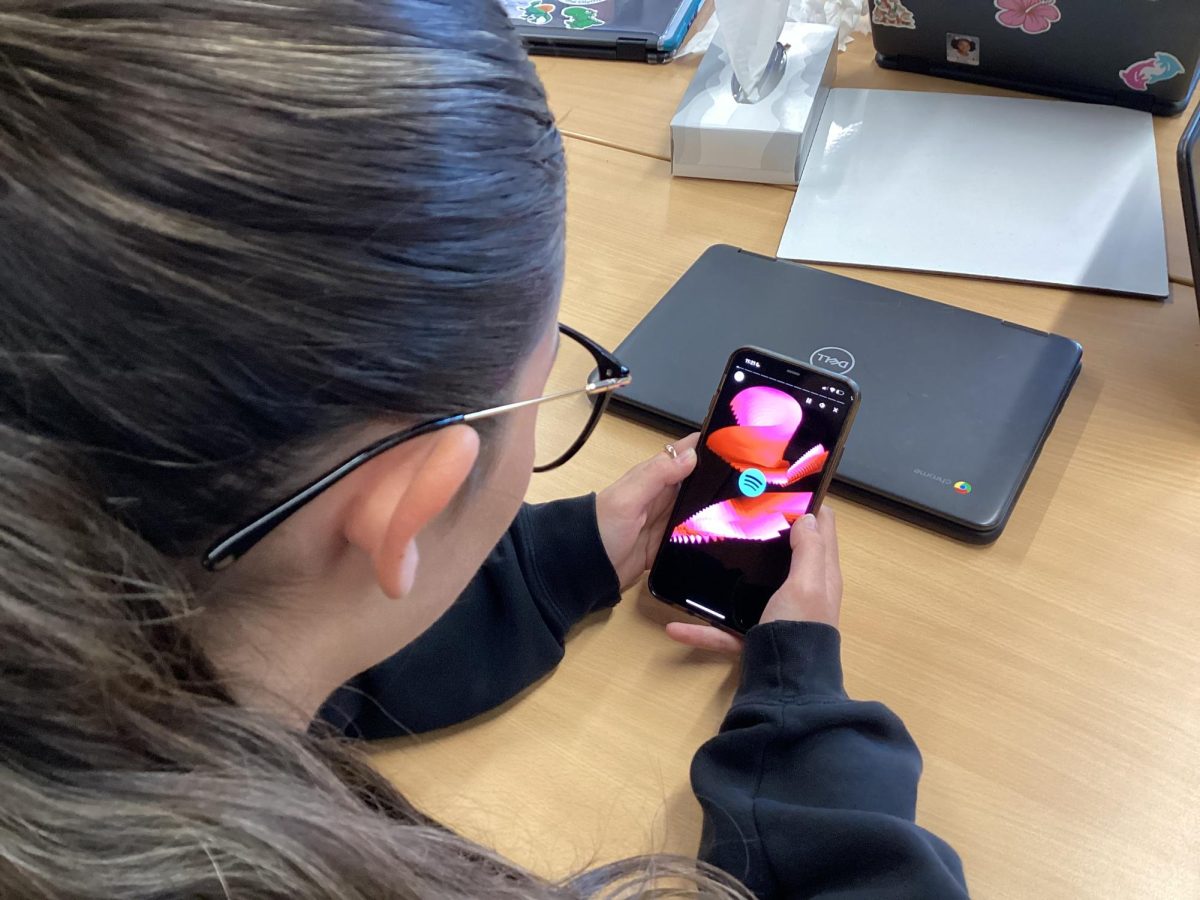Barbie (2023) touches on and connects many different concepts: the relationship between feminism and motherhood, capitalism and patriarchy, and the impact that Barbie has on young girls.
However, beneath this is death, individualization, and belonging. Barbie, via the realization of her mortality, is forced to know herself and truly evaluate what she desires, through which she is no longer a doll, but an individual.
Barbie Land is an Eden of stasis. Everything remains the same, for there is no impelling force to become or change.
In this overabundance of possibilities, half-joys can suffice to carry life on one day to the next, until each day proves itself to be the entirety of history: both the future and the past, a reflection as hollow as the present.
Man will choose blood over gold, pain before pleasure, so long as it promises meaning. Indeed, the greatest argument against Heaven is its acute lack of tragedy.
Tragedy is that which compels change. Tragedy bounds one’s life. It limits possibility, and death is the ultimate demarcation of life.
Death, like an untiring, unremitting baron of virtue, drags Barbie from the bacchanalia of half-pleasures and the unexamined life to self-awareness, individualization, and meaning.
Through the constraint of her mortality, Barbie is forced to know herself. Therefore, she comes to understand what makes her life worth living.
Our memory springs from our mortality. By choosing death, Barbie also chooses self-consciousness.
What need would a creature that could not die have for memory or self-awareness? For such a creature, all of life is the same: a continuous blur of color, of which none has any more significance than the other.
The natural consequence of consciousness is the arrangement of the world in a hierarchy of value: death is bad, losing limbs is bad, water and food are good, meaning is good.
Within this hierarchy of value, all conscious agents determine their actions. Without a hierarchy, no choices could be made as everything would be of equal significance.
Just as the Barbies were brainwashed into supporting the patriarchy, it was also not a choice to support the matriarchy in Barbie Land. Barbie’s decision to reject Barbie Land and immortality for the meaningful tragedy of existence demonstrates the process of individualization.
This process is what she preaches to Ken as the solution to a life he feels has no meaning or purpose. The acceptance of death creates in it a hierarchy of being, which forces one to choose and thus become an individual. It is in this choice that meaning and self-consciousness arise.
In Barbie, the patriarchy came about as a means of finding belonging and purpose. The system of Barbie Land offered only the relationship with Barbie as a way to find meaning, himself, and a sense of home.
However, this pathway to order his life was illusory, and so Ken decided to upend the system as there were no other options. This can be seen in parallel to the fact that there is a strong correlation between the number of young men in a society that can not find economic or social success and a revolution taking place in that society.
Ultimately, Ken’s revolution and all ideologies that focus too heavily on humanity’s immutable characteristics, whether it be the worldview of incels or Andrew Tate, will not bring about the desired meaning or purpose.
Such things can only be found in the process of becoming an individual, an idea the movie strongly affirms through both the character arcs of Barbie and Ken.
The line between good and evil, as Aleksandr Solzhenitsyn wrote, “Passes not through states, nor between classes, nor between political parties either — but right through every human heart.”
One is neither culpable for patriarchy nor matriarchy merely because of their class, or sex, such a view places the group before the individual and is precisely the social reason that matriarchy or patriarchy exists.
Just as the blame does not lay with groups, neither does the solution.
In the final act, Barbie calls Ken to not be Ken, his group identity, but rather Ken, the person he already is — the individual. This call is met with joy by Ken, though in truth it is one of the most painful things to strive for.
It is the acceptance of responsibility for everything that happens to you.
“Carry the world, but take heart.” That is the hidden cost and unspoken reward of being an individual. “Take heart, the world is both a tragedy filled to the brim with suffering, and a comedy overflowing with joy.”









